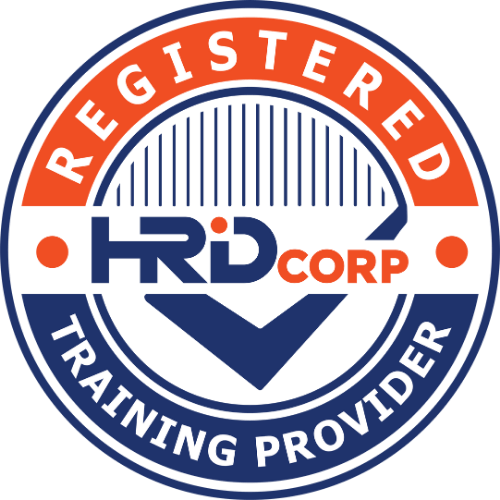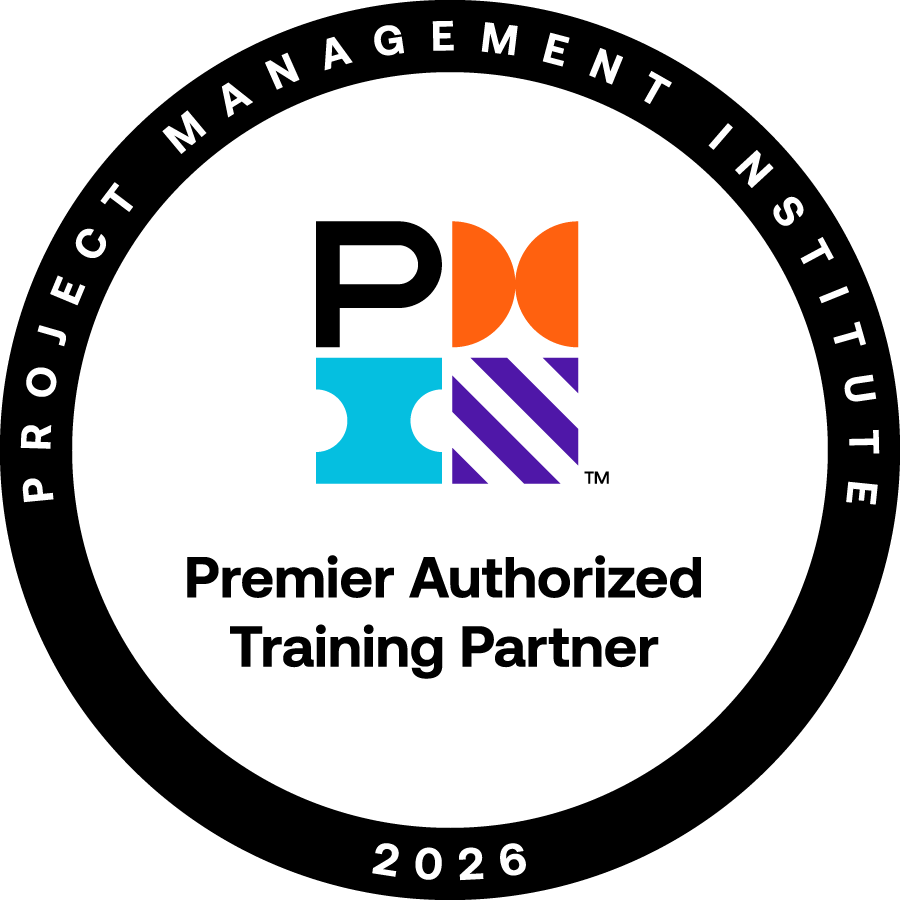Certified Knowledge Manager (CKM®) Training Course
E-learning & Online Support
100% HRDC Claimable Training & Exam

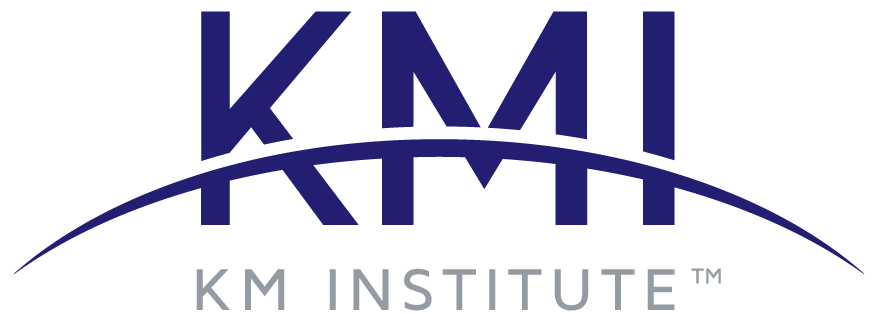
Certified Knowledge Manager (CKM®) Training Course
E-learning & Online Support
100% HRDC Claimable Training & Exam

What is Certified Knowledge Manager CKM®?
The Certified Knowledge Manager (CKM®) is the Flagship Certification course from the Knowledge Management Institute (KMI), delivered in up to 15 countries annually with many thousands Certified since 2001.
The CKM is ideal for anyone tasked to lead or improve a Knowledge Management initiative. Whether public or private sector, large or small – the CKM is the leading international standard for all Knowledge Management professionals and the top choice for anyone interested in gaining a solid grasp of common KM principles at an advanced level with actual "hands-on" experience performing KM.
There are no prerequisites, and no technical background is required.
This Certified Knowledge Manager (CKM) Training Course usually be conducted in Kuala Lumpur, Malaysia.
Regardless of your organisation's size, structure, or purpose, the CKM course provides you with the knowledge and skills you need to lead successful, real-world KM initiatives. This program has proven to be exceptionally useful for senior managers or anyone responsible for or seeking to implement Knowledge Management at their workplace.
Our past CKM Graduates range from beginners to seasoned KM experts. Whether you are new or advanced, anyone can start!
Who should attend?
- Senior Managers & Executives
- Knowledge Managers
- Content Managers & Librarians
- HR & Talent Managers
- IT Professionals & Intranet / Database Managers
- Organisational Development Professionals & Consultants
- Project Managers
- Quality Managers
Key course outcomes:
- Develop a Knowledge Management Vision
- Assess level of Knowledge Management Maturity
- Undertake 'No-Budget' & 'Quick-Win' KM Initiatives
- Identify & Assess Knowledge Assets
- Create Knowledge Management Plan
- Perform a Knowledge Audit
- Design your KM Methodology & Strategy
- Transform Your Organisation!

Why become a CKM?
Perform
Build
Transform
Develop
Create
Initiate
Discover
Convince your leadership
Industry Best Practices
Diversity & New Perspectives
Proven Methods
Continuous Learning
Early Bird Price
- TBC
Normal Price
- TBC
2. Price indicated above inclusive of the exam fees
3. Prices indicated above do not include SST Tax
Featured clients & graduates
 |
 |
 |
 |
 |
 |
 |
 |
 |
CKM® Course Syllabus & Outline
- Introduction to the Knowledge Age and the Knowledge Age Imperative
- KM Fundamentals and 25 Knowledge Attributes
- Knowledge Modes and the SECI Model
- Knowledge Processes (Acquire, Produce, and Integrate)
- Latest Techniques and Best Practices for KM Start-Up
- Advanced KM Methodology
- Homework: Define your "No Budget KM"
FAQ & further information
In reality, at a very practical level, “knowledge management” is really an attempt to acquire, organize and apply cumulative knowledge, either individually, as a team or an organization as a whole to achieve the desired purpose. Once that purpose is achieved, more knowledge is acquired, organized and applied to achieve a higher purpose. Diagrammatically, this may be shown as indicated below.
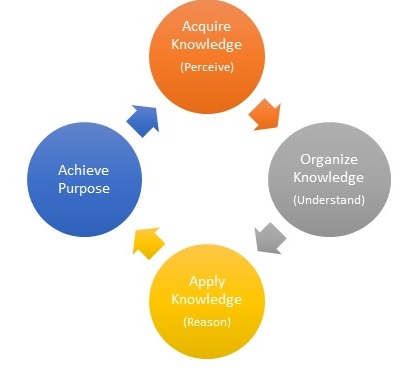
It is not a fluid mix of experience, insights, values, beliefs and contextualized information, that can be managed
For example, a start-up company may set a goal of producing one thousand products per month initially as its purpose. It acquires and organizes knowledge on how to produce these products and applies this knowledge in terms of achieving the target set. Once that purpose is achieved, it sets a new purpose of increasing the sales of products produced and hence acquires and organizes knowledge around how to apply knowledge acquired on customer requirements to meet the sales target.
Almost all companies do this all the time. They may not call it “knowledge management” but they are managing their knowledge base as this a fundamental requirement to remain and excel in business. So why all the fuss now about “knowledge management?”
The reason is the level of knowledge management maturity that exists does not match the degree of increasing volatility, uncertainty, complexity and ambiguity that has been encroaching into the business environment. With the explosive technological breakthroughs aided by extremely high connectivity and unbelievable availability of information, we live in a different world. A world that thrives on chaos and uncertainty, rewards increasing complexity and encourages ambiguity.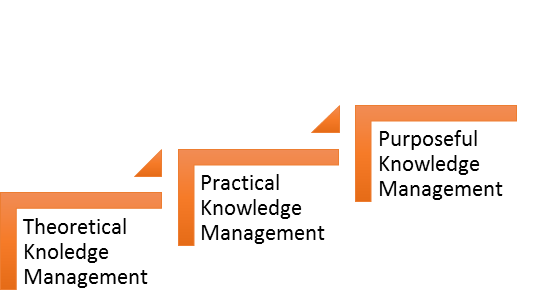
There are three levels of maturity of knowledge management. The first level is called theoretical knowledge management, the second is called practical knowledge management and the third is purposeful knowledge management. Organizations have to develop an increasing level of knowledge management maturity in order to survive in an increasingly complex and uncertain business environment.












